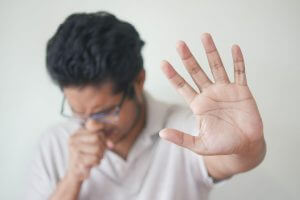
By Julia Olivas
Allergies come with all sorts of unpleasant symptoms that can ruin an otherwise perfect spring or summer day. From digestive problems to headaches and difficulty breathing, allergies are something many people suffer from, especially during the springtime. However, they can flare up at any point throughout the year. While there is no cure for allergies, you can treat and control symptoms. Everyone likes spending time outside, especially when the winter finally ends and you can finally open your windows and let the fresh air into your home. However, that fresh air comes with some allergens that can cause you to sneeze quite a bit.
Whether you enjoy spending time outdoors in your home garden, going on hikes with your pooch, or laying in the sun to destress and improve your mental health, it can be difficult to avoid the allergens that lead to sneezing, coughing, and itchy eyes. However, you can find ways to protect yourself from allergies and prevent them from flaring up in the first place. To prevent allergies, you’ll need to make a few minor changes in your life. Here are ways to protect yourself from allergies.
1. Consider Your Indoor Environment
While allergies typically occur outside, they can also flare up when you’re relaxing at home. Many people have allergies throughout the year, so it might not have anything to do with outdoor allergens. Instead, you could be allergic to dust, mold, pollen, and pet dander, making it difficult to find peace at home. Luckily, there are ways to allergy-proof your home, including:
Keeping your home clean:
Keeping your home clean will remove any dust and pet dander that might be causing your allergies to flare up. You should vacuum your home weekly, but if you have a pet you might be allergic to, you should vacuum at least twice a week to remove their dander from the carpet, flooring, and furniture.
When cleaning your home, pay close attention to areas where your allergies flare up the most. For example, if you find yourself sneezing more in the bedroom than in any other room, try to see if you can determine the cause. There might be something in the room that you’re allergic to, or you haven’t reached all the dust.
Using air purifiers
Air purifiers are a great way to get rid of dust and pet dander while reducing the effect of air pollution and mold in your home. HEPA filters can also get rid of odors from smoke, food, and pets. Air purifiers work by purifying the air through a variety of processes, depending on what type of purifier you have. Maintaining an air purifier is relatively simple. If you have a HEPA filter, you’ll just have to replace the filter every three to six months to ensure your home has the healthier quality air free of allergens.
2. Take Allergy Medicine
The best way to keep your allergies in check is to take daily over-the-counter allergy medicine. However, if your allergies are bad enough and impact your quality of life, you can get a stronger allergy prescription from your doctor.
It’s always best not to wait too late to take your allergy medicine. If you suffer from allergies due to pollen, you should take your medicine before you go outside and give it enough time to start working. Many people take a 24-hour allergy pill in the morning every day to ensure they won’t have to experience any of the dreaded symptoms that come with allergies.
In most cases, allergy medicine will be enough to prevent allergy flare-ups throughout the day, but if you plan to spend more time outside than usual, you might want to speak to your doctor about your options.
3. Check Pollen Count
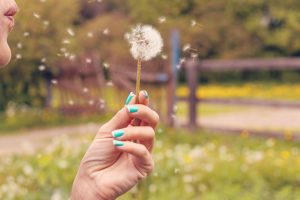
Nobody wants to be stuck inside all day when the weather is nice. When the temperature outside finally gets comfortable after a long winter, people will find any excuse to get outside. If you suffer from seasonal allergies, you’ll need to avoid pollen outdoors as much as possible. You can check the local weather in your area to learn about the pollen count for the day or at a specific time.
If the forecast predicts high pollen counts, you can start taking allergy medication before leaving the house to make you more comfortable when you’re outside. Additionally, closing doors and windows at night when there is a high pollen count can prevent you from experiencing allergy symptoms the next morning.
Also, if you are an avid camper, it may be best to check the weather of your camping location and pack allergy medicine in case something in the area flares up your allergies. Camping is one of the best parts of summer, spring, or fall so you want to ensure you will feel your best the whole time.
4. Try Supplements
Allergies can weaken your immune system, making it more likely for you to get sick. Additionally, since allergies and immune systems are linked, treating the immune system is a great way to prevent allergy attacks. Supplements can help target your body’s immune system to prevent allergy flare-ups before they start. Some common supplements people take for allergies are probiotics, vitamin D, and Stinging Nettle.
5. Eat Honey
Local honey may help prevent allergy attacks and reduce the severity of the symptoms. Honey made in your home state contains trace amounts of the same pollen that causes allergies. However, eating the trace amounts in honey won’t cause an allergic reaction. Instead, eating local honey may teach your body to tolerate pollen over time.
Understanding Your Allergies
Allergies are unpleasant. Many people have allergies and know what they’re allergic to, while others experience allergies without figuring out the cause. If you get allergy flare-ups in the spring and summer but don’t experience any allergies in the winter, it’s likely a pollen allergy. However, if you have allergies year-round, you might have a pet dander allergy or mold growth in your home.
If you’re not sure what you’re allergic to, you can always schedule a visit with your doctor to perform allergy testing. Your doctor can also help you form a treatment plan if your allergies are affecting your quality of life or interfering with daily activities. In addition, learning the types of allergens that affect you most can help you find ways to prevent them from ruining your day.

Julia Olivas
Julia Olivas graduated from San Francisco State University with her B.A. in Communication Studies. She specializes in content writing and marketing and loves working with teams to produce quality content for their blog.
In her free time, she enjoys spending time with her pup Ruby, gardening, camping, and cooking.



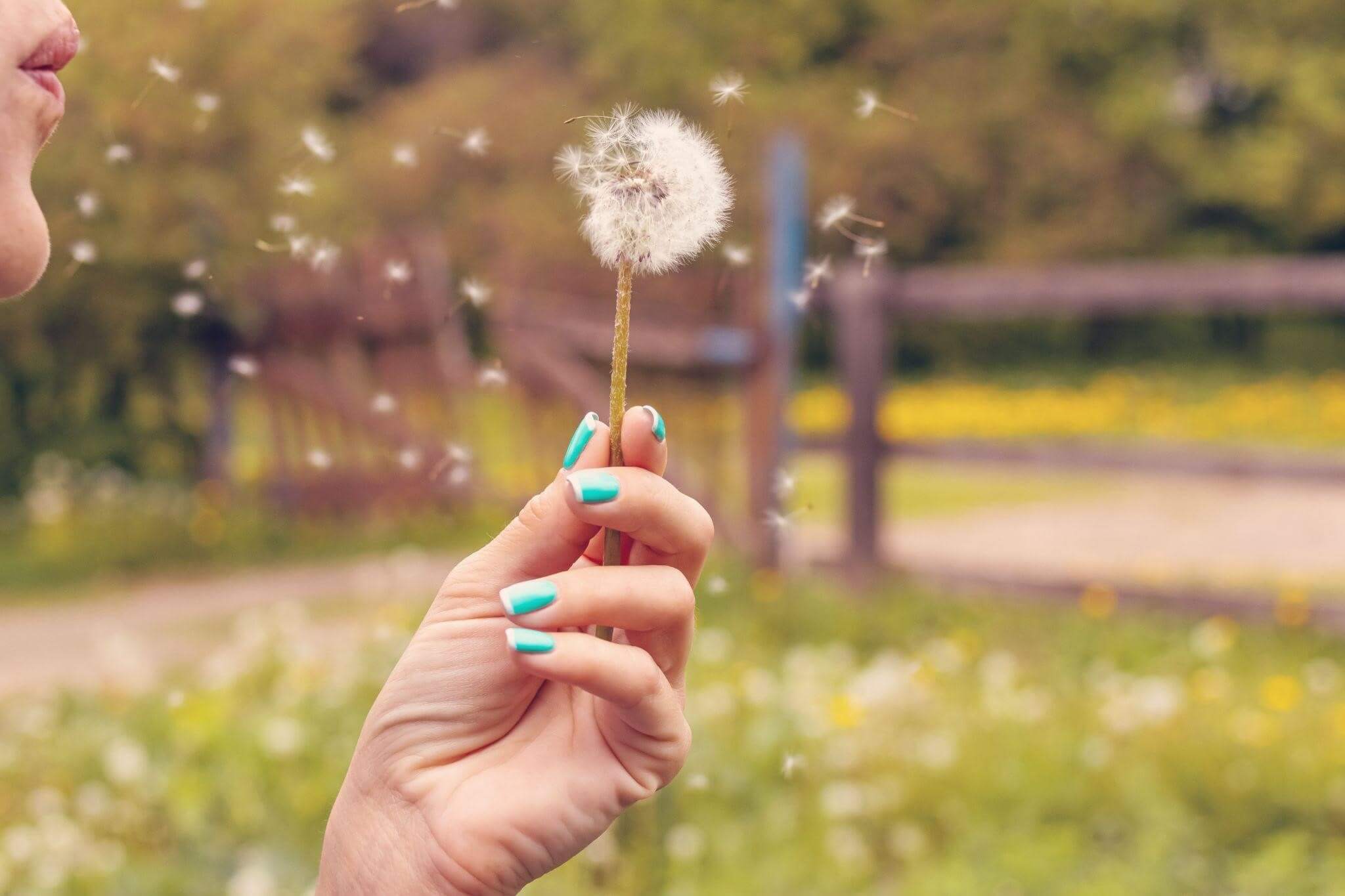
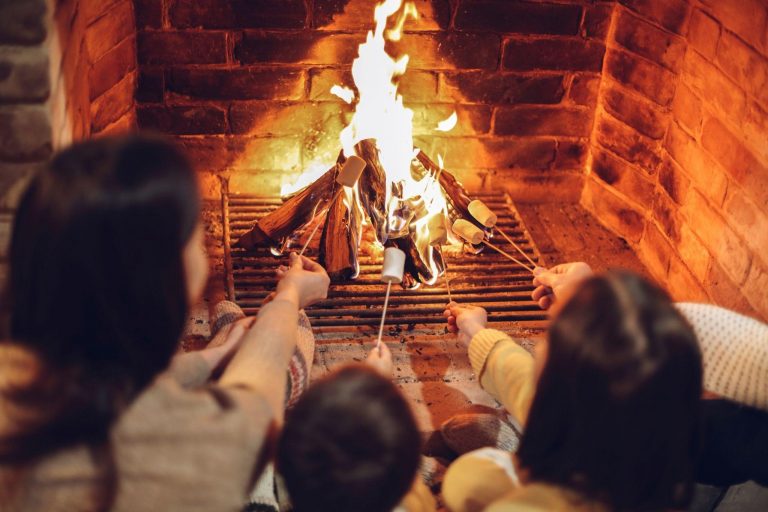

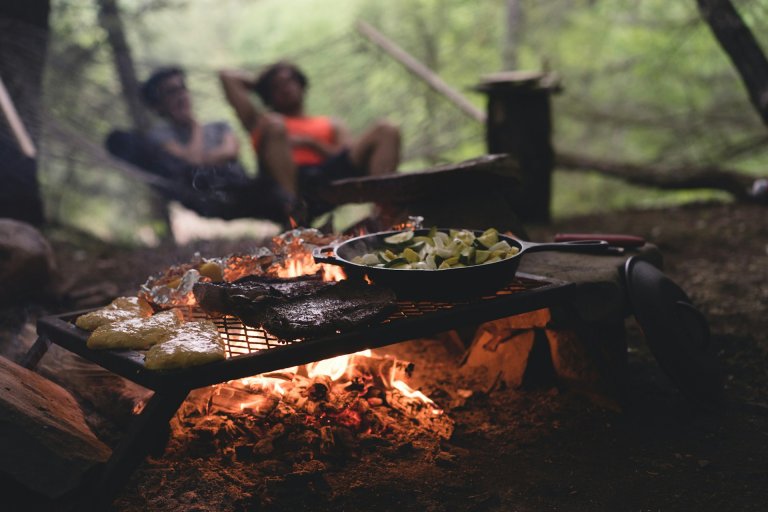



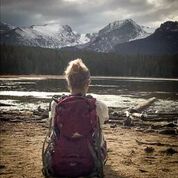
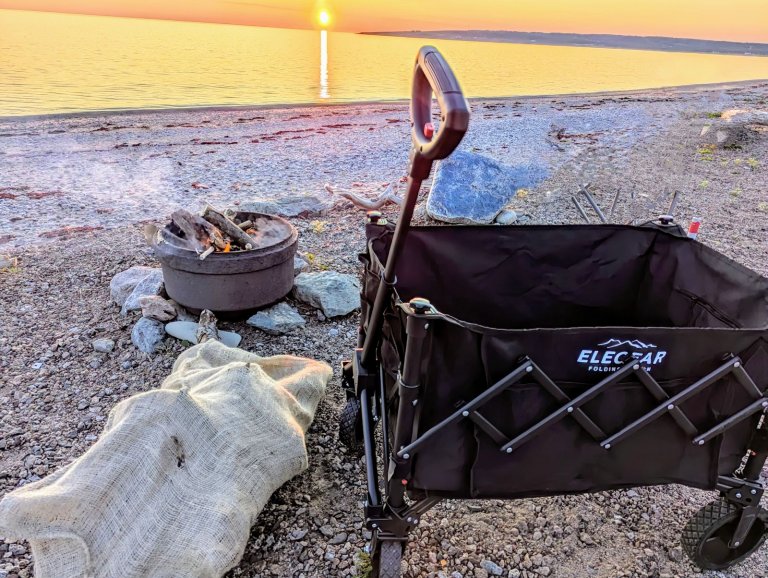
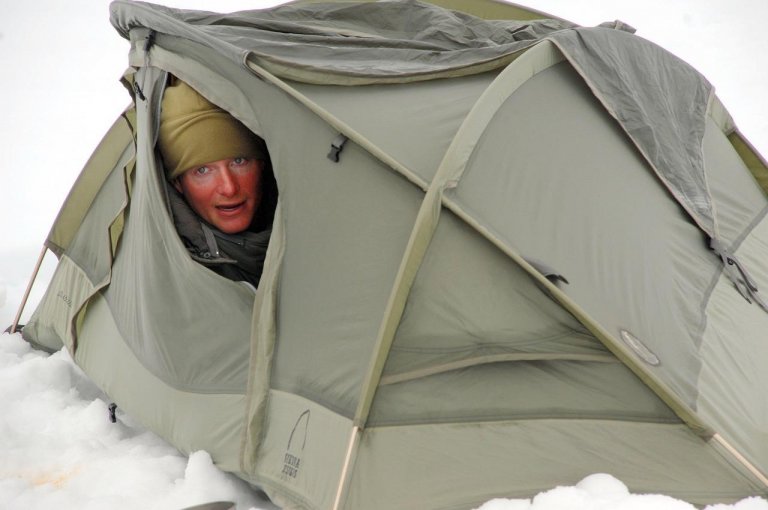

Leave a Reply